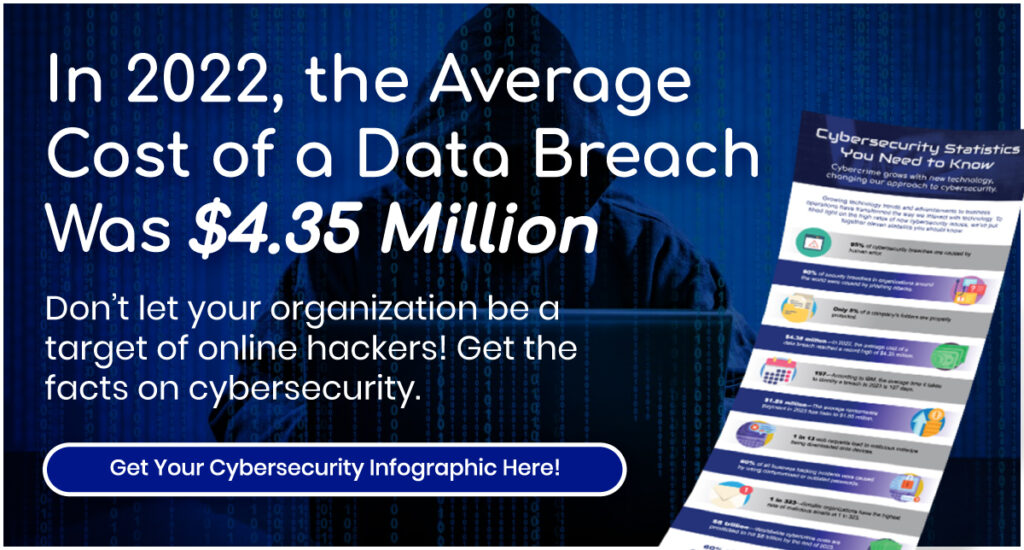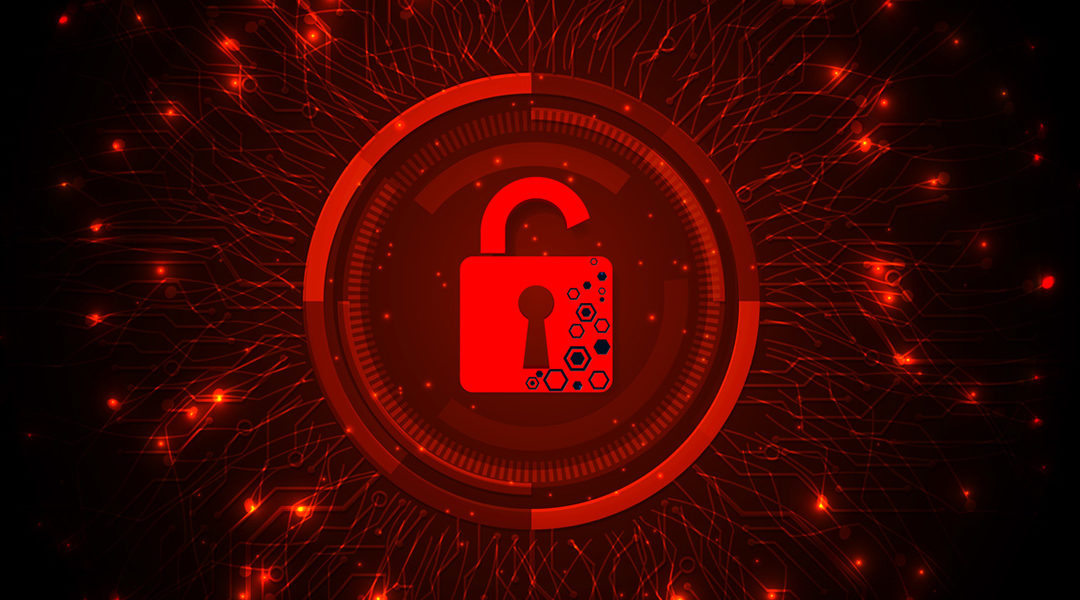One of the traditional centerpieces of network cybersecurity is the firewall. And with the matter of security being a crucial component for every organization in the modern world of cyberthreats, the presence and use of firewalls is more important than ever. Regardless of the size of your organization, having a robust security infrastructure is critical for your business’ finances and its reputation among your customers. One of the measures you can take is the regular care and maintenance of your company’s network security firewall. Here’s how:
Is Your Company Ready for Digital Transformation?
What is a Network Security Firewall?
Before we get too far, let’s first take a look at what a firewall is and what it does. Firewalls have long been a core component of network security, but for the uninitiated, firewalls are a security device—either a piece of hardware or software—which protects your network by creating a boundary between the computers on your network and the outside world.
What does it do? A firewall acts as a gatekeeper—monitoring all attempts to access the computers on your network and blocking unwanted traffic from unrecognized sources. How? The firewall creates a barrier between one network and another.
Why do they matter? Firewalls are essential for protecting networks from cyber threats such as data breaches and viruses. Firewalls protect both the micro- and macro-levels from incidents: individual computers and the network as a whole.
How Can You Maintain Your Network Security Firewall?
Now that we know what the network security firewall is and how it works, how are they maintained? To explore this, it’s important to remember that internal security is different from perimeter security. A firewall is an example of internal security while zero trust security is an instance of perimeter security.
- By access, block all access
When setting up the firewall, start with the basics—blocking access to the network from all traffic. From there, rules and policies can then be introduced which outline who is allowed into the network. Blocking devices and traffic decreases the risk of a data breach since only trusted traffic is given access to the network.
- Keep rules and policies updated
As rules are added over time, it’s only natural that some rules eventually become obsolete. This is why it’s important to regularly audit rules and settings to remove any unused or old rules and any that conflict with each other. An antiquated rule can be exploited to gain access to the network, which increases the risk of a cyberattack. Therefore, by highlighting and updating old rules, firewalls are made more efficient and more secure.
- Keep the firewall itself up-to-date
Like other pieces of software, an outdated firewall can represent a security vulnerability. Firewall software should be regularly updated so any vulnerabilities the vendor reports may be corrected. The latest version of the firewall software will be as efficient as possible.
- Know who the authorized users are
Firewall management is an important responsibility—one that, if neglected, poses a severe risk in allowing too many users to access firewall settings. Those with the setting should only be senior network administrators and all changes should be monitored. Users should have varying degrees of access on a case-by-case basis. Control of authorized users limits the risk of accidental or malicious changes.
- Document all changes
Changes to firewall rules should be well-documented within the organization so any damaging changes can be quickly identified and reversed. If rules are documented, it lessens the risk of conflicting rules causing unforeseen access issues in the network. A clear process for recording and approving changes to firewall rules should be set up as part of the management system; documentation should record the business requirements for any changes as well as the context for the decision.
How Innovative Integration Helps
Innovative Integration provides firewall installation and maintenance to our customers. We help our clients effectively use their firewalls and other pieces of critical cybersecurity infrastructure to protect their data and that of their customers. Firewalls are just one of the many helpful tools we provide to our customers, so to learn more about our services and how we can help you, contact the Innovative team today; we look forward to helping you!





